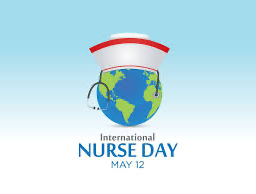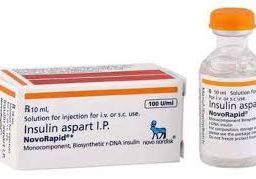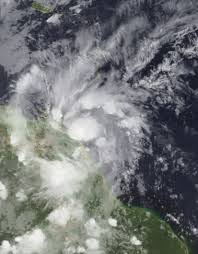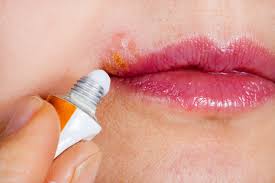
Cold Sores Treatment: Dos and Don’ts for Faster Healing
Cold sores, also known as fever blisters, can be a painful and frustrating experience for many. These small, fluid-filled blisters, often appearing on or around the lips, are caused by the herpes simplex virus type 1 (HSV-1). While cold sores are common and highly contagious, understanding their causes, symptoms, and treatment options can help alleviate discomfort and manage outbreaks effectively. Let’s explore the ins and outs of cold sores to unmask the truth and empower ourselves with knowledge.
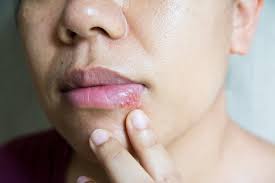
Imagine waking up one morning with a small cluster of painful, fluid-filled blisters on your lips, nose, mouth or chin. You feel self-conscious, uncomfortable, and wonder what on earth is happening. The culprit? Cold sores. These common and highly contagious viral infections affect millions of people worldwide. So, let’s dive in and unmask the truth about these lesions!
What Are Cold Sores?
Cold sores, also known as fever blisters, are small, painful, fluid-filled blisters that typically appear on or around the lips, mouth, and occasionally on the nose or chin. These blisters are caused by the herpes simplex virus type 1 (HSV-1), although herpes simplex virus type 2 (HSV-2) can also cause those lesions but is less common. Once infected, the virus stays in the body for life, leading to recurring outbreaks triggered by various factors.
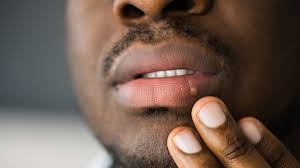
Symptoms and Stages of Cold Sores:
The journey of a cold sore typically involves several stages:
– Tingling or itching sensation: Often the first sign that a cold sore is about to appear.
– Blister formation: Small, fluid-filled blisters emerge, causing pain and discomfort.
– Rupture and ulceration: The blisters burst, releasing the fluid and forming open sores.
– Crusting and scabbing: The sores dry out and form a crust or scab.
– Healing: The scab falls off, leaving behind new, healthy skin.
Causes and Triggers of Cold Sore Outbreaks:
The primary cause is the HSV-1 virus, which is highly contagious. It spreads through direct contact with an infected person’s saliva or by sharing items like utensils, towels, or lip balm. The outbreaks can be triggered by various factors, including:
– Weakened immune system
– Emotional or physical stress
– Fatigue or lack of sleep
– Exposure to sunlight or extreme weather conditions
– Hormonal changes
– Illness or fever
– Trauma to the affected area
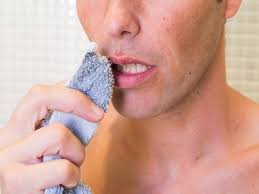
Treatment Options for Cold Sores:
While there is no cure for HSV-1, there are several treatment options available to alleviate the symptoms and speed up healing:
– Antiviral creams or ointments: Over the counter or prescription creams containing antiviral ingredients like docosanol or acyclovir can help reduce the duration and severity of cold sores.
– Oral antiviral medications: In severe cases, a healthcare professional may prescribe oral antiviral medications to suppress the virus and prevent future outbreaks.
– Pain relief: Over-the-counter pain relievers such as ibuprofen or acetaminophen can provide temporary relief from the discomfort associated with cold sores.
– Home remedies: Applying a cold compress, using lip balms with moisturizing agents like aloe vera or coconut oil, and avoiding triggers can also help soothe cold sores.
Prevention Is Key:
Preventing cold sores is possible by adopting a few simple measures:
– Avoid direct contact with individuals experiencing an outbreak.
– Practice good hygiene, including regular handwashing.
– Avoid sharing personal items like utensils, lip balm, or towels.
– Protect your lips from extreme weather conditions, such as harsh sunlight or cold winds, with lip balm containing SPF.
– Manage stress levels through relaxation techniques, exercise, or therapy.
– Maintain a healthy lifestyle with proper nutrition, sleep, and regular exercise to boost your immune system.
In conclusion, cold sores can be uncomfortable, embarrassing, and recurrent, but armed with knowledge, you can take control of the situation. By understanding the causes, symptoms, treatment options, and prevention strategies, you can minimize the impact of cold sores on your life. Remember, if you experience frequent or severe outbreaks, it’s essential to consult a healthcare professional for guidance. So, stay informed, take care of yourself, and keep those sores at bay!
Disclaimer: The information provided in this content is for general informational purposes only. It is not intended as medical or healthcare advice, diagnosis, or treatment. Always seek the advice of a qualified healthcare professional with any questions you may have regarding a medical condition or healthcare decisions.





